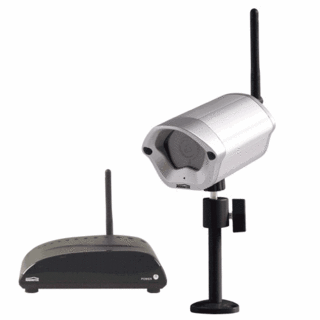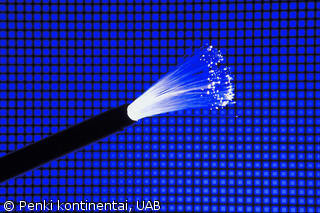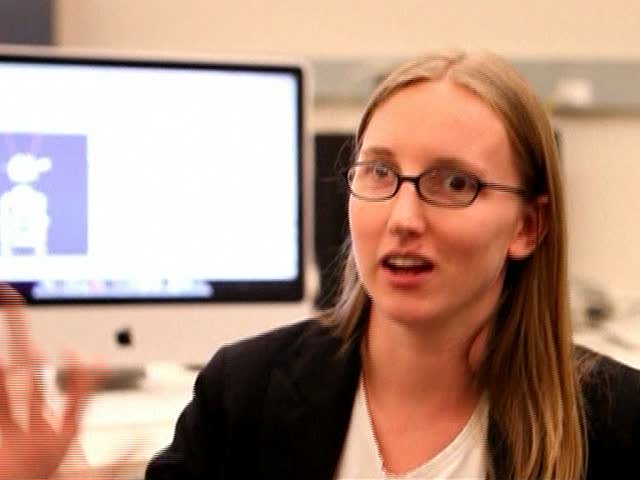Microsoft Outlines Policy and Technical Proposals Aimed at Helping Contain The Spam Problem, Including the Development of Caller ID for E-Mail
Published:
28 February 2004 y., Saturday
In his keynote address at the RSA Conference 2004 today, Microsoft Corp. Chairman and Chief Software Architect Bill Gates announced a detailed vision and proposals on how technology can be used to help put an end to spam, including outlining the company's Coordinated Spam Reduction Initiative (CSRI) and technical specifications for the establishment of Caller ID for E-Mail.
"Spam is our e-mail customers' No. 1 complaint today, and Microsoft is innovating on many different fronts to eradicate it," Gates said. "We believe that Caller ID for E-Mail and the Coordinated Spam Reduction Initiative will help change the economic model for sending spam and put spammers out of business."
To be more effective in the fight against junk e-mail, filters need additional information that is not available in e-mail messages today. Microsoft believes some relatively simple but systemwide changes to the e-mail infrastructure are needed to provide greater certainty about the origin of an e-mail message and to enable legitimate senders to more clearly distinguish themselves from spammers.
Existing spam filters look at an e-mail message's origin to determine whether it is spam. However, there is currently no guarantee that an e-mail message came from whom it says it did. "Spoofing," or sending e-mail purporting to be from someone it's not, is an increasingly common and relatively simple way for spammers to trick filters. In addition, this practice can pose a security risk when used to deliver e-mail viruses.
Microsoft has developed the Caller ID for E-Mail proposal to help eliminate domain spoofing and increase the effectiveness of spam filters by verifying what domain a message came from -- much like how caller ID for telephones shows the phone number of the person calling.
Šaltinis:
microsoft.com
Copying, publishing, announcing any information from the News.lt portal without written permission of News.lt editorial office is prohibited.
The most popular articles
Software company announced new structure_ of it_s business.
more »
 Just a few weeks ago, the world's tiniest video camera was as small as a grain of rice. Today, the world's NanoEst camera is even smaller.
more »
Just a few weeks ago, the world's tiniest video camera was as small as a grain of rice. Today, the world's NanoEst camera is even smaller.
more »
 During the experiment two research groups managed to overcome a symbolic 100 TB/s optical fiber data transmission speed limit.
more »
During the experiment two research groups managed to overcome a symbolic 100 TB/s optical fiber data transmission speed limit.
more »
 Apple’s long–awaited online storage service for iTunes could be named iCloud, if only rumours are to be believed.
more »
Apple’s long–awaited online storage service for iTunes could be named iCloud, if only rumours are to be believed.
more »
 The founders of video-sharing site YouTube have bought bookmarking service Delicious from Yahoo.
more »
The founders of video-sharing site YouTube have bought bookmarking service Delicious from Yahoo.
more »
 The successful raid by hackers on Sony’s PlayStation Network is already being ranked among the biggest data thefts of all time.
more »
The successful raid by hackers on Sony’s PlayStation Network is already being ranked among the biggest data thefts of all time.
more »
 Apple has denied that its iPhones and 3G iPads have been secretly recording their owners' movements.
more »
Apple has denied that its iPhones and 3G iPads have been secretly recording their owners' movements.
more »
 Customers who have waited nearly 10 months for the white version of the iPhone 4 won’t have to wait much longer. The Great White iPhone 4 is finally here.
more »
Customers who have waited nearly 10 months for the white version of the iPhone 4 won’t have to wait much longer. The Great White iPhone 4 is finally here.
more »
 Researchers at Georgia Tech University are teaching a robot the basics of dialogue. Named "Simon", the robot has already been taught how to attract a person's attention but eventually, it's hoped he'll be able to interact and converse with humans in daily life.
more »
Researchers at Georgia Tech University are teaching a robot the basics of dialogue. Named "Simon", the robot has already been taught how to attract a person's attention but eventually, it's hoped he'll be able to interact and converse with humans in daily life.
more »
 3D? Terribly lame when it's tossed into devices as a bullet point feature. Trimensional for iPhone takes a picture of your face and maps your mug in a 3D model.
more »
3D? Terribly lame when it's tossed into devices as a bullet point feature. Trimensional for iPhone takes a picture of your face and maps your mug in a 3D model.
more »
 The European Union is to investigate whether internet service providers (ISPs) are providing fair access to online services.
more »
The European Union is to investigate whether internet service providers (ISPs) are providing fair access to online services.
more »